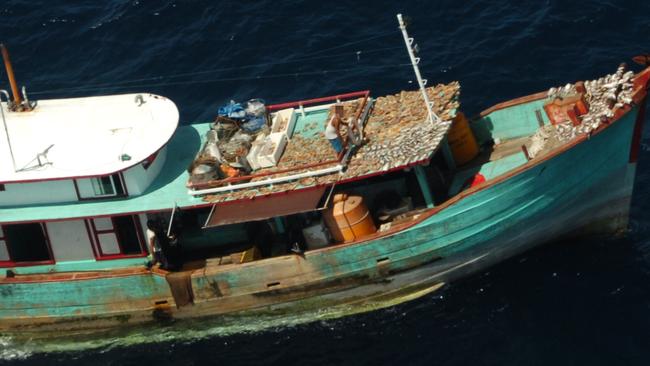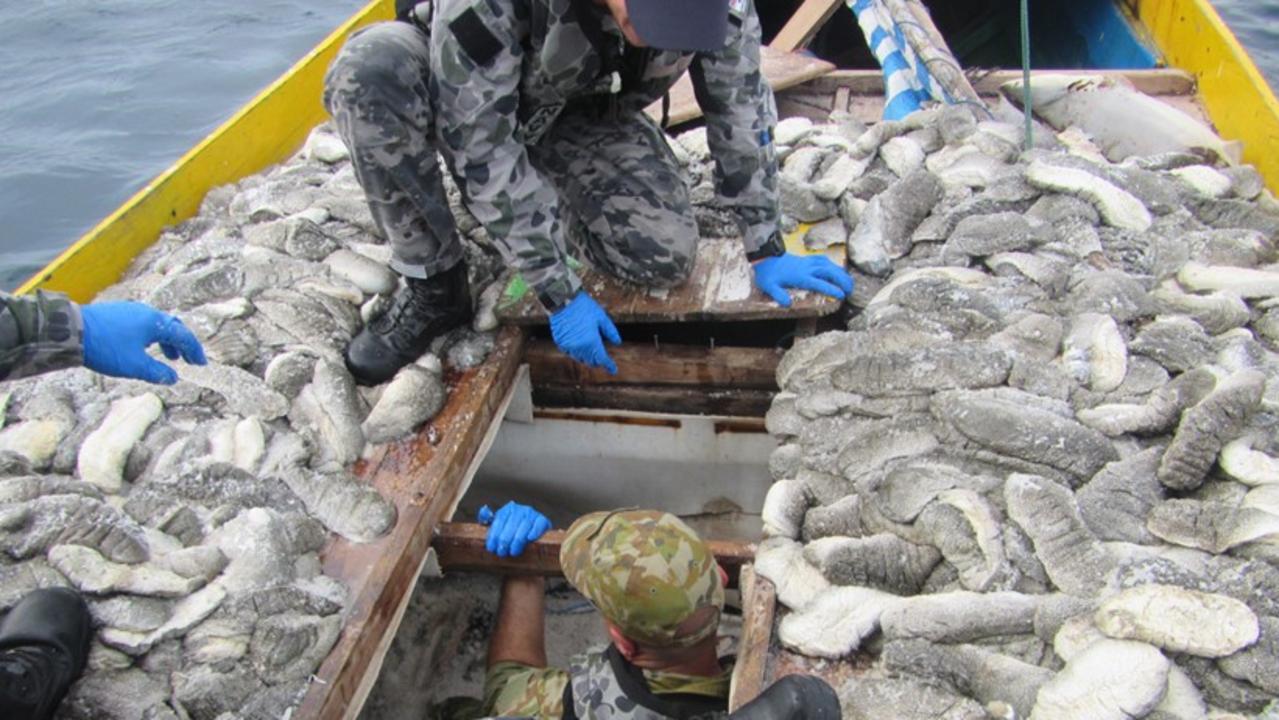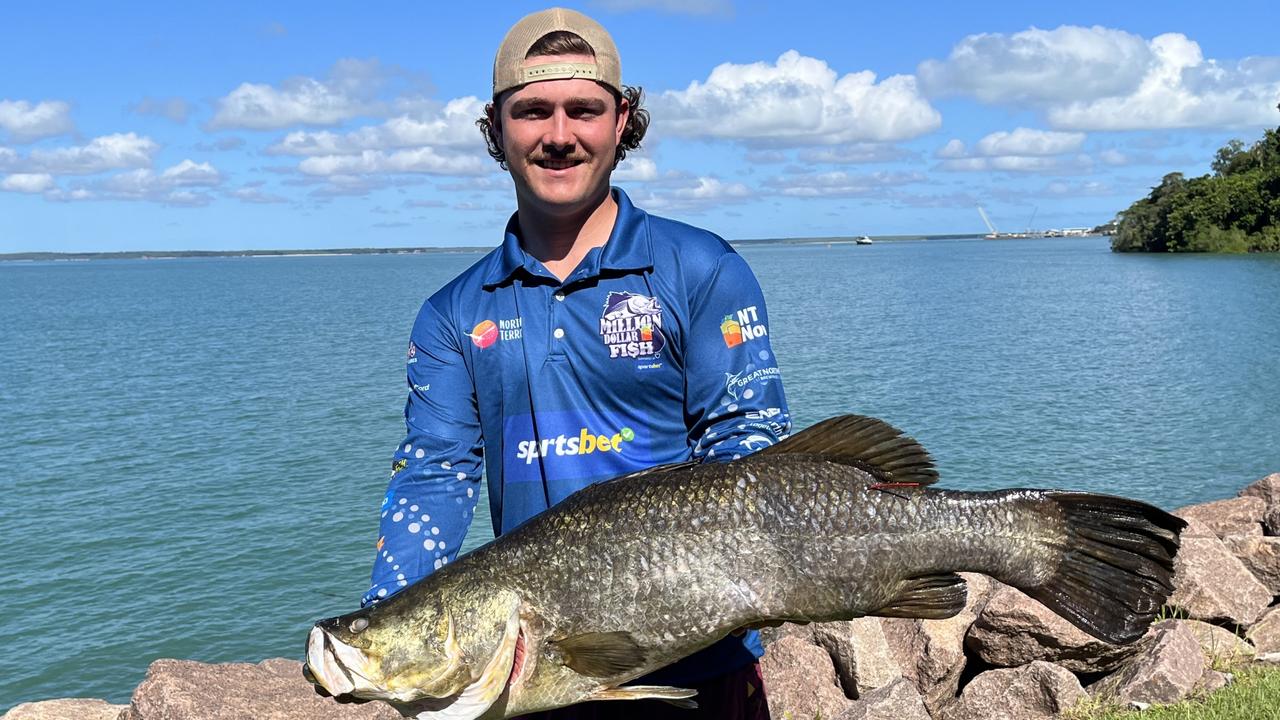Google eyes in sky to track illegal fishing boats
SYDNEY: Technology giant Google has taken the battle against illegal fishing online, unveiling a tool in Australia on Friday that harnesses satellite data to track thousands of boats in real time.

Fishing
Don't miss out on the headlines from Fishing. Followed categories will be added to My News.
SYDNEY: Technology giant Google has taken the battle against illegal fishing online, unveiling a tool in Australia on Friday that harnesses satellite data to track thousands of boats in real time.
The prototype interactive tool, developed in conjunction with environmental activists SkyTruth and marine advocacy group Oceana, was unveiled at the once-a-decade World Parks Congress in Sydney.
It is the latest salvo from environmentalists against illegal fishing, which is estimated by the Global Ocean Commission to cost the world economy up to $US23.5 billion a year.
“While many of the environmental trends in the ocean can be sobering, the combination of cloud computing and massive data is enabling new tools to visualise, understand and potentially reverse these trends,” Brian Sullivan of Google’s Earth Outreach and Oceans section said.
The tool uses data points from the Automatic Identification System network, which picks up GPS broadcasts of a vessel’s location to map movements. The prototype has tracked just over 3000 fishing vessels, with a public tool to be released down the track.
SkyTruth said the system, which will only monitor fishing vessels, would make activities usually invisible to the public easily viewable.
“So much of what happens out on the high seas is invisible, and that has been a huge barrier to understanding and showing the world what’s at stake for the ocean,” Sky-Truth’s president and founder John Amos said.
“Satellite data is allowing us to make human interaction with the ocean more transparent than ever before.”
The Global Ocean Commission, an independent panel launched in February 2013, said evidence showed seas have been fished to dangerously low levels, with 90 per cent of the world’s large fish stocks – such as tuna and swordfish – already gone.
The commission said one of the challenges in tackling illegal fishing was the lack of jurisdiction on the high seas.
While the high seas make up 64 per cent of the ocean’s total surface area, they fall beyond national jurisdictions and suffer from a lack of oversight, the organisation said.
The Congress, in Sydney until Wednesday, has drawn thousands of delegates and will set a global agenda for protected areas for the next decade.


